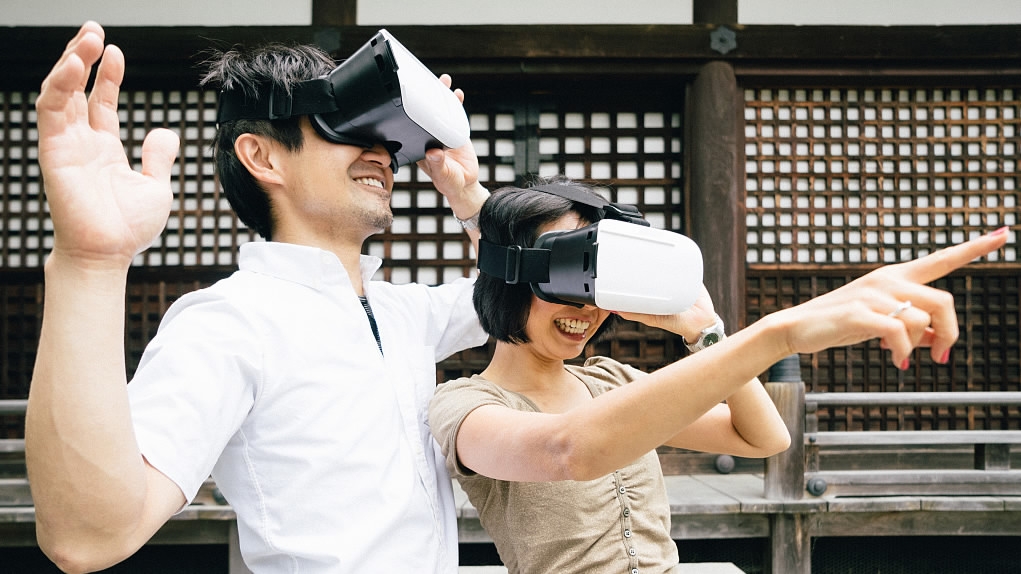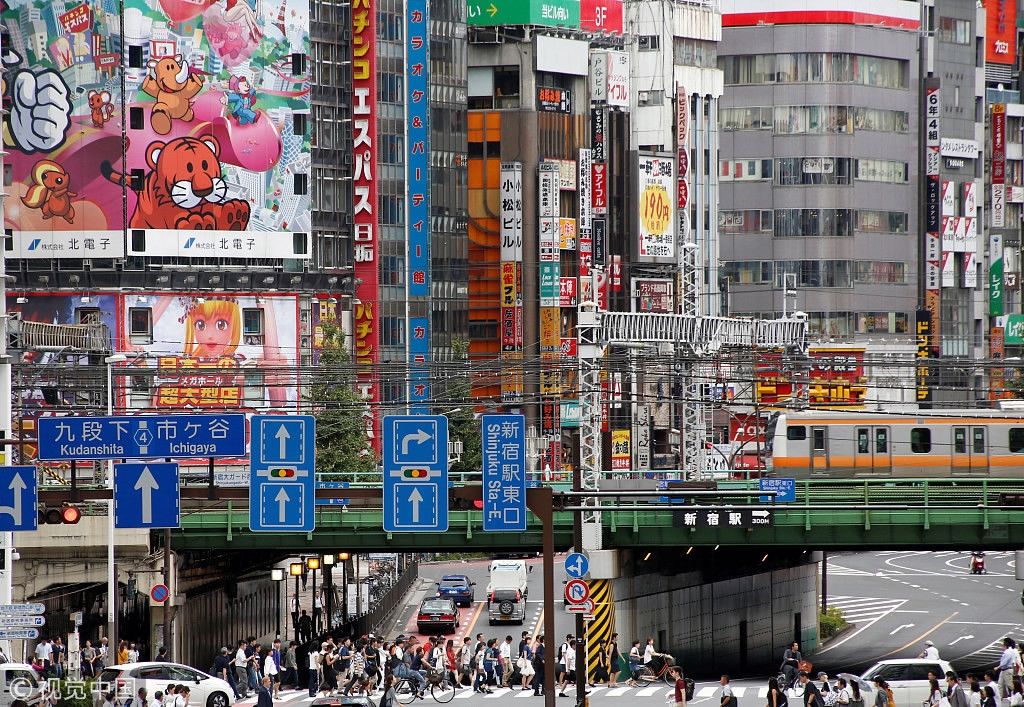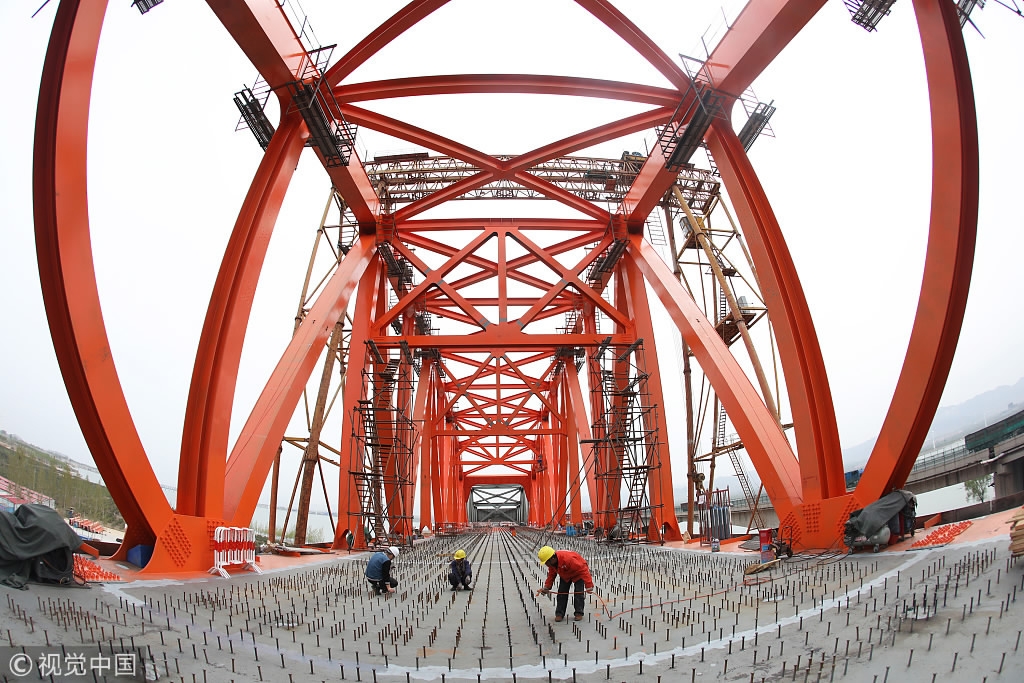
VR
15:17, 02-Jan-2018
Tokyo 2020 Olympic Games to provide immersive experience via VR
By Guo Meiping

The Tokyo committee for the 2020 Olympics is planning to provide a more immersive watching experience for those who can’t attend the games in person.
According to Kyodo News and relevant reports, the committee will use 360-degree cameras to film the Olympic and Paralympic games so that sick or disabled children at hospitals can watch the games from the “best seats” through virtual reality (VR).

By cooperating with local governments, Japan plans to live stream the games in dome theaters across the country. /Photo via VCG
By cooperating with local governments, Japan plans to live stream the games in dome theaters across the country. /Photo via VCG
The plan also involves cooperating with local governments and live streaming the games in dome theaters across the country.
In addition, NTT DoCoMo, one of Japan’s main mobile carriers, is also considering live streaming the games in VR with 5G mobile network, according to The Mainichi.
High-tech supports the 2022 Winter Olympics Games in China
VR live streaming will also be used in the 2022 Beijing-Zhangjiakou Winter Olympics, to provide a 360-degree experience to audiences who cannot attend the games.
In addition to VR, high tech in the country is expected to make the games more convenient.
A new high-speed between the capital and Zhangjiakou in Hebei Province is currently under construction, which can shorten the travel time between the two cities from three hours to within one hour.

Construction of the Beijing–Zhangjiakou intercity railway is scheduled to be completed by the end of 2019. /Photo via VCG
Construction of the Beijing–Zhangjiakou intercity railway is scheduled to be completed by the end of 2019. /Photo via VCG
Dubbed the “Olympic Express,” high-speed trains on the route will be covered with WiFi signals, and reporters onboard can watch live broadcasts of the games in media compartments.
Construction of the Beijing–Zhangjiakou intercity railway will be completed by the end of 2019. The railway is designed to be the world’s first high-speed railway with a projected speed of 350 kilometers per hour under alpine and sandstorm conditions, Xinhua reported.
Unmanned buses will be another important mode of transportation during the event in 2022. Developed by China, the bus can follow instructions sent out from smartphones to pick up and drop passengers at certain locations.
2105km

SITEMAP
Copyright © 2018 CGTN. Beijing ICP prepared NO.16065310-3
Copyright © 2018 CGTN. Beijing ICP prepared NO.16065310-3